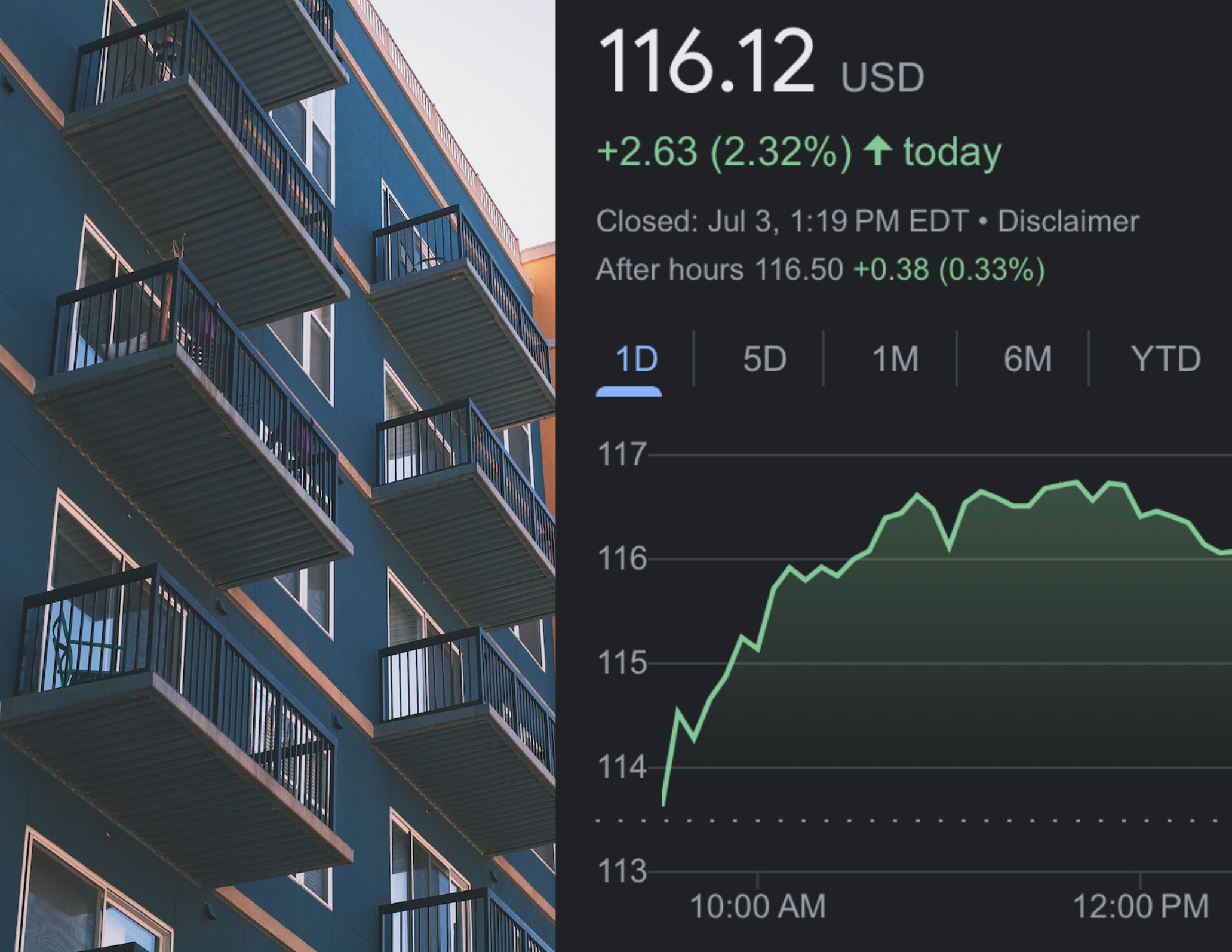Benefits, Drawbacks, and Investment Opportunities of REITs
Real Estate Investment Trusts (REITs) have become popular investment vehicles, providing individuals with the opportunity to invest in real estate without the challenges of direct property ownership. In this article, we will define REITs, explore their benefits and drawbacks, discuss how to invest in REITs, and highlight popular REIT opportunities available today.
Understanding REITs
Definition: A Real Estate Investment Trust (REIT) is a company that owns, operates, or finances income-generating real estate. REITs pool funds from multiple investors to invest in a diversified portfolio of properties, which can include commercial buildings, apartments, hotels, or even infrastructure assets.
Structure: To qualify as a REIT, the company must meet certain criteria, such as distributing a significant portion of its taxable income to shareholders, holding at least 75% of its assets in real estate, and deriving the majority of its income from real estate-related activities.
Benefits of Investing in REITs
Diversification: REITs offer investors the ability to diversify their real estate investments across various property types, locations, and market segments. This diversification helps mitigate risk by reducing exposure to the performance of a single property.
Accessibility: REITs provide individuals with an accessible entry point to invest in real estate. Unlike direct property ownership, which may require substantial capital, REITs allow investors to participate with smaller amounts of money by purchasing shares on stock exchanges.
Liquidity: As publicly traded entities, REIT shares can be bought and sold on stock exchanges, providing investors with liquidity. This flexibility allows investors to convert their investments into cash relatively quickly, compared to the illiquid nature of direct real estate investments.
Professional Management: REITs are managed by experienced professionals who handle property acquisition, management, and operations. Investors benefit from the expertise of these professionals without the need for active involvement in day-to-day property management.
Drawbacks of Investing in REITs
Market Risk: REITs are subject to market fluctuations and economic conditions. Changes in interest rates, property market dynamics, or overall economic performance can impact the value and performance of REIT shares.
Lack of Control: As passive investors in a REIT, individuals have limited control over the specific properties held within the portfolio or the management decisions made by the REIT company. Investors rely on the expertise and decisions of the REIT’s management team.
How to Invest in REITs
Brokerage Accounts: Investing in REITs can be done through brokerage accounts. Investors can purchase REIT shares just like they would buy stocks, typically through online brokerage platforms or traditional brokerage firms.
Exchange-Traded Funds (ETFs): ETFs focused on real estate can also provide exposure to a diversified portfolio of REITs. These funds can be bought and sold on stock exchanges like individual stocks, offering investors an additional way to invest in REITs.
Popular REIT Opportunities Available Today
Residential REITs: These REITs invest in multifamily apartment buildings, student housing, or single-family rental properties. Residential REITs offer exposure to the rental market and can benefit from the demand for housing.
Retail REITs: Retail REITs focus on investing in shopping centers, malls, or individual retail properties. These REITs generate rental income from retail tenants and are influenced by consumer spending trends.
Healthcare REITs: Healthcare REITs specialize in investing in medical facilities, hospitals, senior housing, or other healthcare-related properties. These REITs benefit from the growing demand for healthcare services.
Industrial REITs: Industrial REITs focus on warehouses, distribution centers, and logistics properties. These REITs can benefit from the rise of e-commerce and the increased demand for efficient supply chain infrastructure.
In conclusion, Real Estate Investment Trusts (REITs) offer individuals an accessible and diversified way to invest in real estate. They provide benefits such as diversification, accessibility, liquidity, and professional management. However, investors should consider the potential drawbacks and risks associated with market fluctuations and lack of control. If you are a die hard traditional rental investors, REITs could be a breath of fresh air and a way to diversify your portfolio. Want TRULY Passive Income? Here’s Why REITs Beat Rentals, check out the Biggerpockets podcast with Matt Argersinger from “The Motley Fool”. Real estate investing in 2023 has evolved. But, there is no question that traditional real estate investment strategies continue to offer great wealth building opportunities. As with all wealth building asset classes and strategies, diversification is key. Consider consulting an experienced professional “Commercial Realtor®” for a wealth of information about real estate market conditions and trends. By understanding the benefits, drawbacks, and available opportunities, investors can make informed decisions when considering REIT investments as part of their overall investment strategy.


 Facebook
Facebook
 X
X
 Pinterest
Pinterest
 Copy Link
Copy Link



